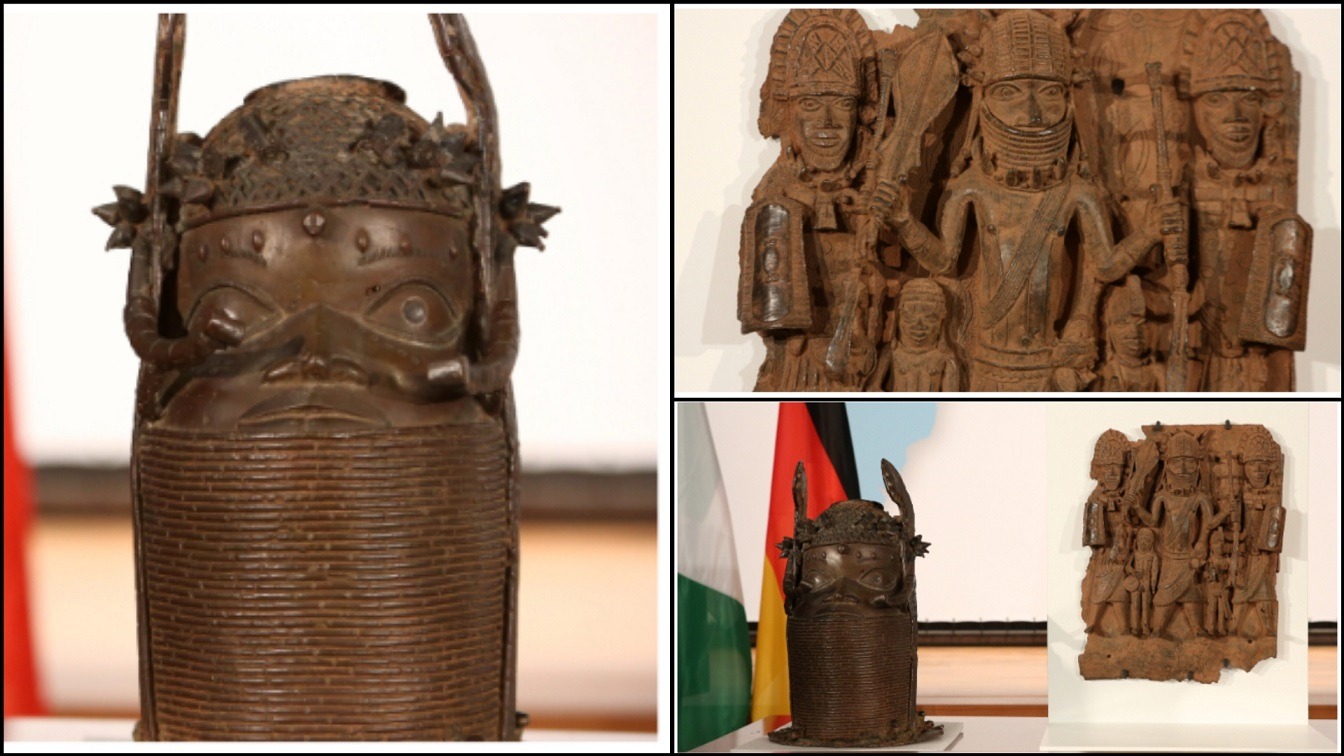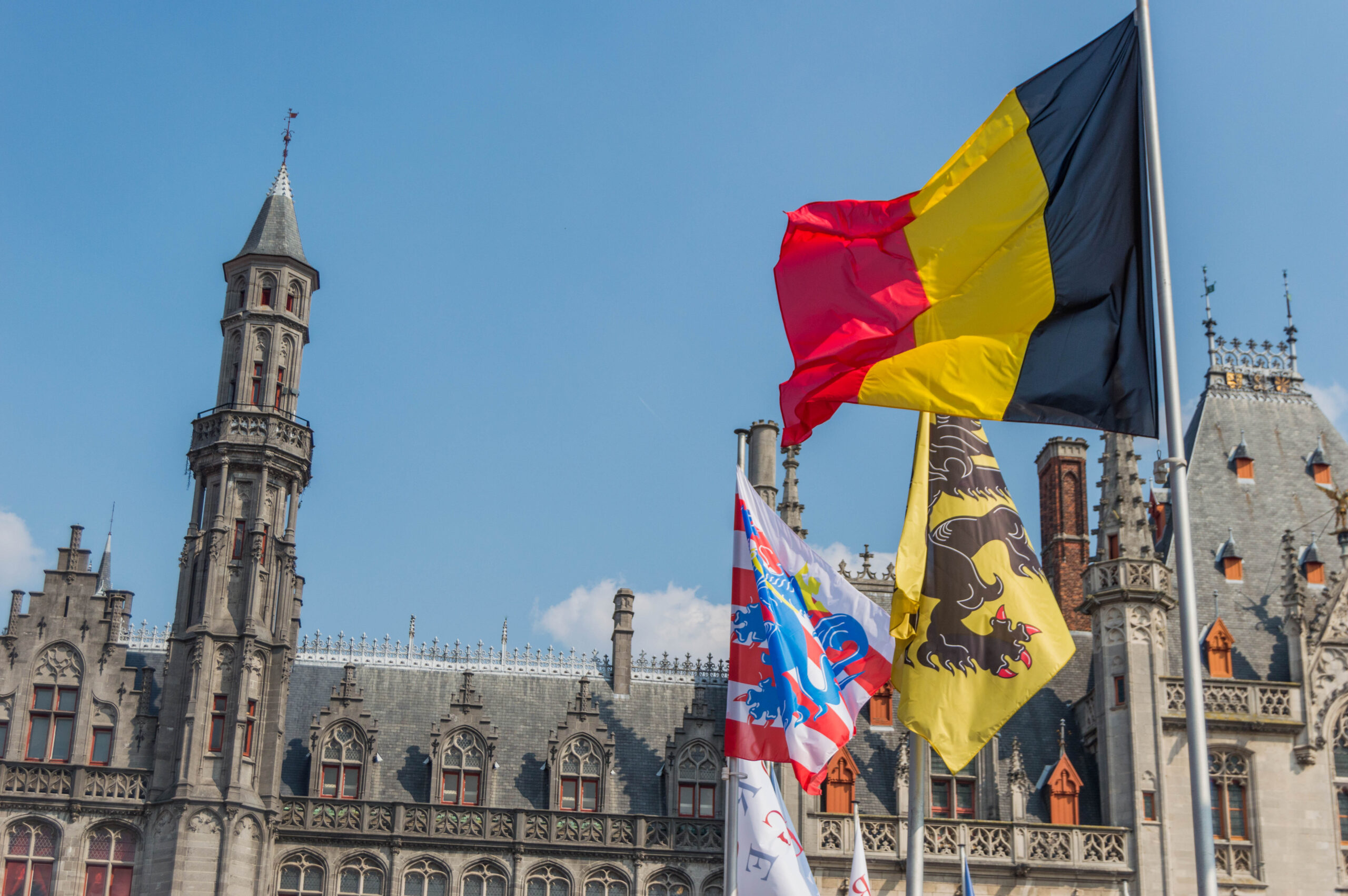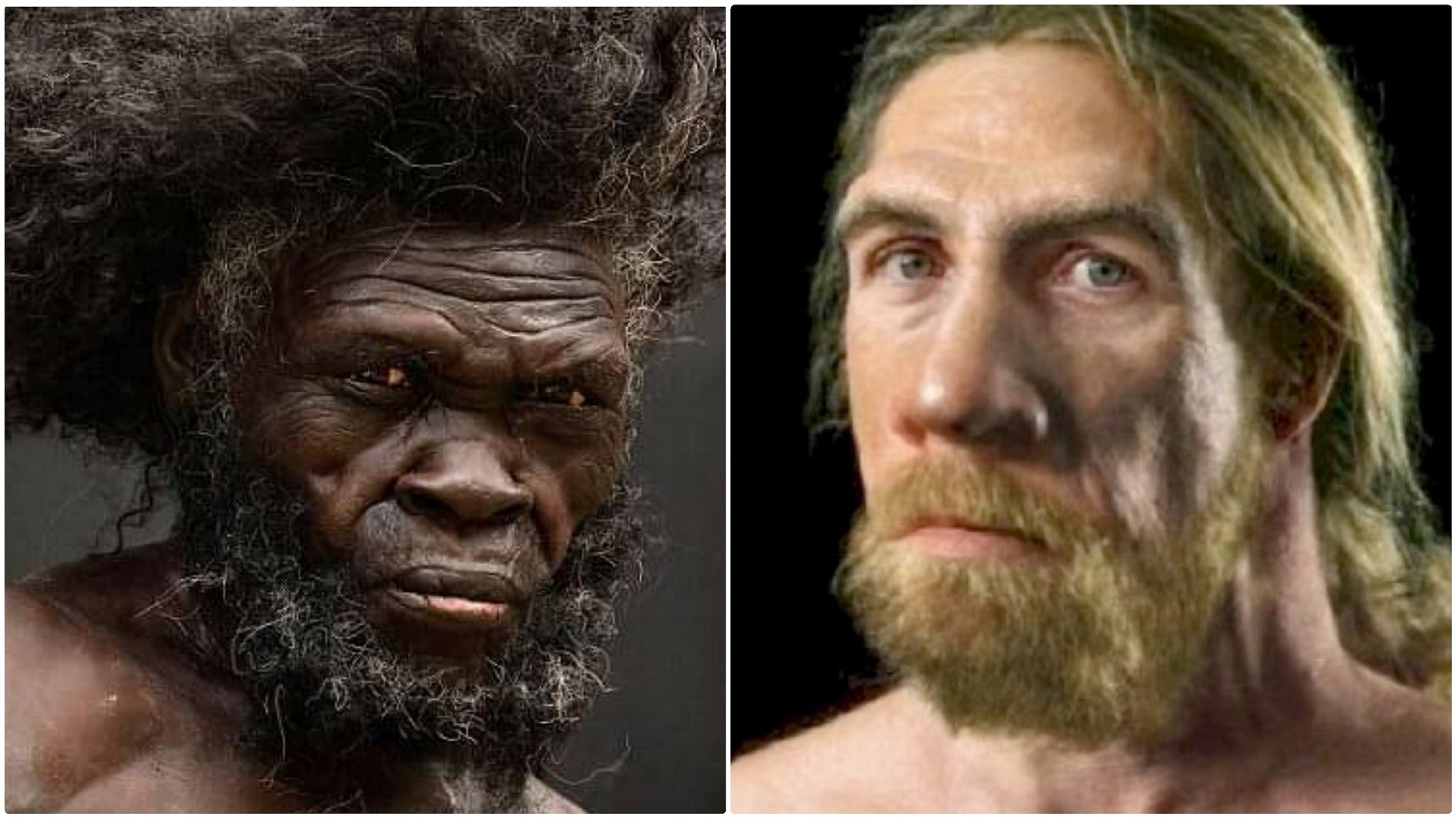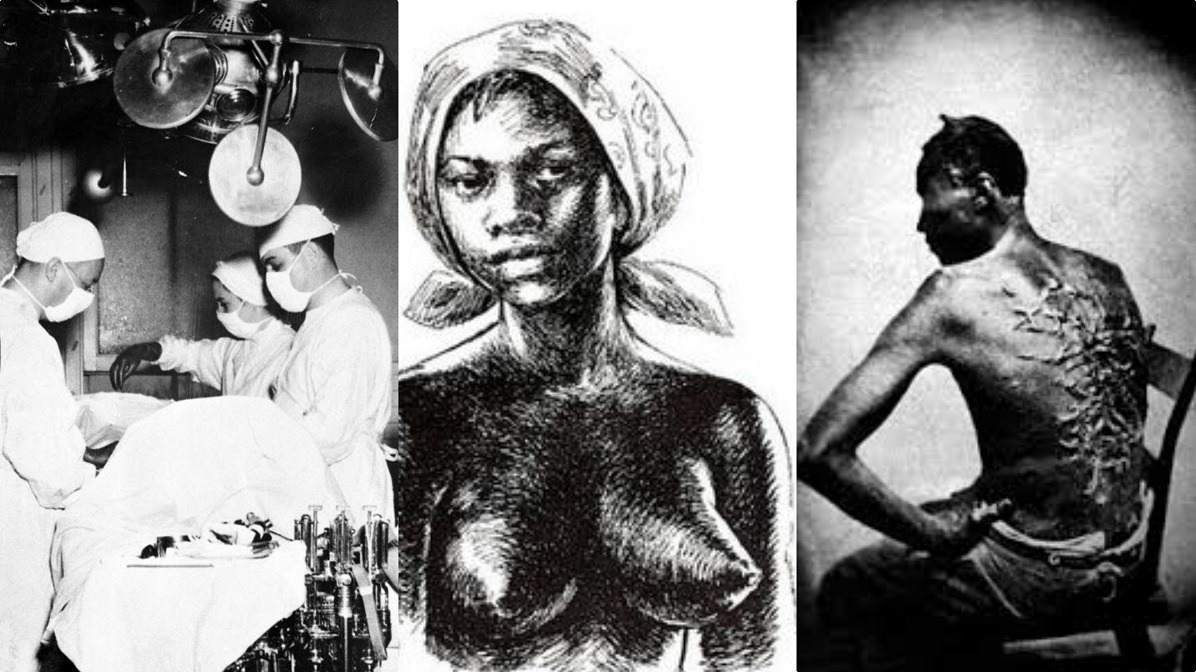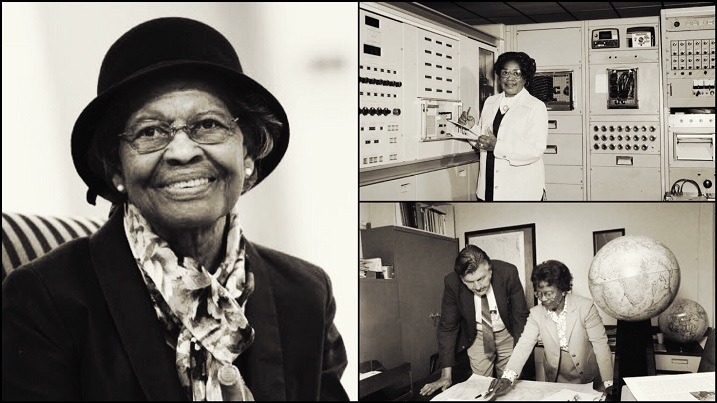Stolen during the colonial era, dozens of Benin bronzes that once adorned the Kingdom of Benin’s royal palace will be on display in Berlin for the final time on Saturday before being repatriated to Nigeria.
The renowned pieces of African art and their turbulent journey up to the exhibition at the Humboldt Museum reflect Germany’s gradual reckoning with the colonial era and past injustices.
The decision to return some of the bronzes is the latest in a series of steps taken by Germany to accept responsibility for colonial-era crimes, including the official recognition of a genocide committed by Germany in Namibia in May 2021.
Among the items on display are a pair of thrones and a commemorative bust of the monarch, which once adorned the walls of the royal palace in Benin, Nigeria.
According to the German side, two rooms in the sprawling museum are dedicated to the art and history of the Kingdom of Benin, an exhibition realized “in close cooperation with partners in Nigeria.”
The removal of precious objects is explained in the gallery, and educational workshops are planned to complement the exhibit.
After being looted by the British at the end of the nineteenth century, thousands of Benin bronzes, metal plaques, and sculptures are now scattered throughout European museums.
The recognition of colonial injustices and subsequent return of the items “will continue to define our work in the future,” said Hermann Parzinger, president of the Prussian Cultural Heritage Foundation, which oversees the national museums in Berlin.
‘Lucid perspective’
“Germany, like the Netherlands and Belgium, has established a museum policy that has a clear view of the colonial past,” French historian Pascal Blanchard, an expert on the period, told AFP.
The Africa museum in Tervuren, near Brussels, Belgium, which reopened at the end of 2018, claims to take a “critical look” at the past and history of the objects collected by Belgian King Leopold II, who kept the Congo as his private property for a long time in the nineteenth century.
Similarly, the Tropenmuseum in Amsterdam delves deeply into the Dutch colonial past.
Unlike some other countries, such as France, Germany lost its empire after World War One and, as a result, does not have a sizable community of African refugees.
“It doesn’t play politically, which makes it easier to accept the past,” Blanchard said.
City of Benin
Nonetheless, Germany has faced criticism in recent years for the origins of many of the objects in its museums, as a result of a greater public reckoning with racism.
The outrage grew louder with the December 2020 opening of the first phase of the new Humboldt Museum, which is housed in a partially rebuilt Prussian palace.
The highly symbolic setting — the former residence of the Hohenzollern dynasty, which oversaw Germany’s colonial adventures — was set to house period objects.
The Ethnological Museum in Berlin currently houses 530 items taken from the Kingdom of Benin, including 440 bronzes, and is considered the second largest collection after the British Museum in London.
According to Lars-Christian Koch, director of the Berlin Museum, a portion of the objects will be returned soon, another third will be kept as a loan, and the remainder, which will not be on display, will be studied by researchers.
Germany is not the only country that has begun to return stolen artifacts. In November 2021, France returned 26 artifacts from the royal treasures of Abomey to the neighboring country of Benin.
Pressure is also mounting on the British Museum, which houses approximately 700 bronzes. It has long argued that its vast collection of foreign artifacts, such as the Elgin Marbles stolen from Athens’ Parthenon, is best housed there.
According to historian Benedicte Savoy, the return of the objects took a long time.
“Return requests date back to the 1960s, when the country gained independence.” For years, they have been silenced, refused, and forgotten,” she told AFP.
Nigeria intends to construct a museum in Benin City, in the country’s south, to house the works upon their return.
